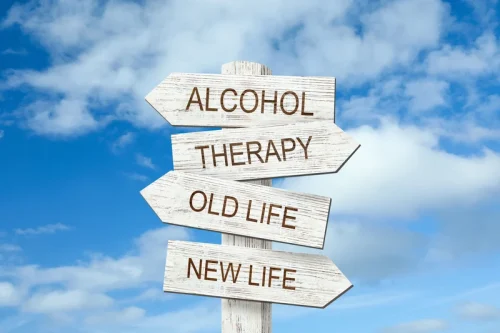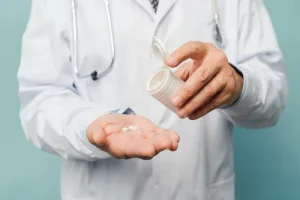
Food intolerance occurs when your digestive system has a hard time with a particular food. With intolerance or sensitivity, your digestive system gets irritated by certain foods or has trouble digesting them. Allergies occur when the body responds to an allergen (for example, an ingredient in beer).
Medical professional hub

Dr Fox explains that the science behind this is that dangerous levels of enzymes are accumulating in the cells of your body when you drink alcohol, and they cannot be broken down. As a result, liver tissue can become inflamed, leading to fibrosis, and ultimately cirrhosis and liver failure. There is also an increased risk of liver cancer if you continue to drink while intolerant. It is important to seek specialist advice if your suspect some sort of alcohol intolerance, as alcohol intolerance and alcohol allergy are commonly confused and misdiagnosed. These reactions, more often than not, are attributed to alcohol exacerbating underlying conditions like asthma, urticaria (hives) and rhinitis. The reason is that alcohol dilates blood vessels, which then sets the stage for a symphony of bodily responses.
Thinking of Stopping Drinking? 9 Tips to Succeed
An alcohol allergy and alcohol intolerance are two different conditions. If people experience symptoms after drinking alcohol, they should speak with a doctor for further advice. One older study in people with asthma found that over 40 percent of participants said that drinking alcohol prompted allergy or allergy-like symptoms.
Allergy symptoms that alcohol makes worse
Most people who think they have an alcohol allergy actually have an alcohol intolerance (also called acute alcohol sensitivity). Yes, non-alcoholic beverages like grape juice and certain soft drinks can also contain sulfites and histamines, which may trigger reactions in susceptible individuals. The physical exam is another crucial step in the diagnostic process. Your doctor will look for signs of allergic reactions, such as skin rashes or hives, and check for other symptoms like swelling or respiratory issues. In some cases, your doctor may observe how your body reacts to a controlled amount of alcohol to identify any immediate symptoms. Older adults, on the other hand, might experience a sudden onset of alcohol intolerance as they age.
How to Help Someone Who’s Drunk: Dos, Don’ts, and When to Call 911

Alcohol intolerance occurs when your body doesn’t have the proper enzymes to break down (metabolize) the toxins in alcohol. This is caused by inherited (genetic) traits usually found in Asians. In rare instances, an unpleasant reaction to alcohol can be a sign of a serious underlying health problem that requires diagnosis and treatment. It won’t go away, but by taking some precautions, you can avoid the symptoms and enjoy a healthy, active life. There is little evidence that distilled spirits made from corn, including bourbon, pose a risk to people with corn allergies or intolerance.
- Problems in the immune system cause an alcohol allergy to develop, while genetic problems in the digestive system tend to cause alcohol intolerance.
- Research suggests that up to 10 percent of asthmatics are sensitive to sulphites, with the severity of reactions varying from mild to life-threatening.
- Self-diagnosis of alcohol intolerance or allergy is not advised.
- If you experience a mild allergic reaction, over-the-counter oral antihistamines may be enough to treat it.
- In rare cases, a reaction can be severe and lead to anaphylaxis.
In the most severe cases, a food or drink allergy can lead to anaphylaxis. If you have any of these symptoms, you should seek emergency medical care. Anaphylaxis is a rare but severe allergic reaction possible with any allergy, including beer or its ingredients. Self-diagnosis of alcohol intolerance or allergy is not advised. Instead, you should seek help from an immunologist at a specialist allergy clinic. You may also need a blood test to check IgE antibody levels.
Diagnosis & Treatment for an Alcohol Allergy
For example, alcohol may exacerbate preexisting asthma conditions. Some people experience flushing, headaches, and nausea shortly after drinking alcohol. These substances can make your blood vessels dilate, which causes https://ecosoberhouse.com/ symptoms of alcohol intolerance. People with aspirin-exacerbated respiratory disease (AERD) are also more likely to have alcohol intolerance. It’s possible to be allergic to alcohol, but it’s not very common.
If you suspect that you have an alcohol allergy or are experiencing unexplained allergic reactions, don’t wait to seek professional help. At HeyAllergy, we are committed to helping you lead a healthier, allergy-free life. allergic reaction to alcohol Our team of experts is ready to assist you with accurate diagnosis, effective treatment, and ongoing support. Alcohol has long been a staple in social gatherings, celebrations, and even in some medicinal practices.

